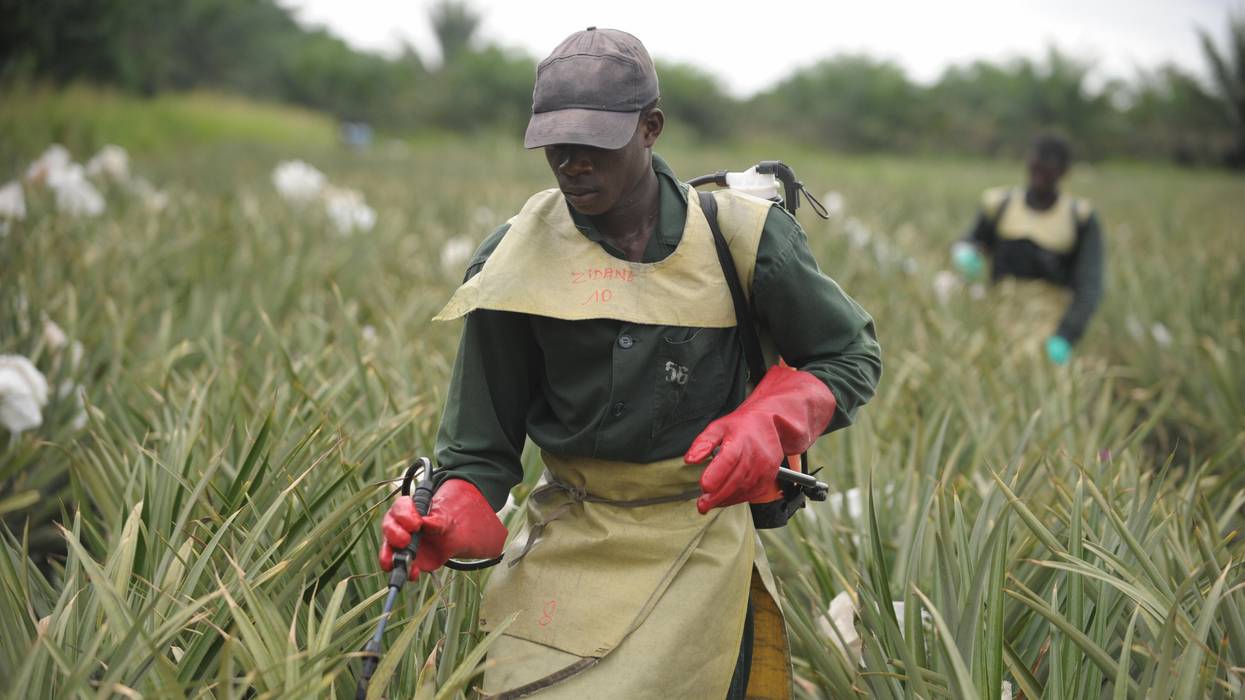UK Cops 'Ashamed and Sick' of Enforcing Ban on Anti-Genocide Group Palestine Action
"Instead of catching real criminals and terrorists, we are arresting pensioners and disabled people calling for the saving of children's lives," said one Metropolitan Police officer.
A pair of British police officers on Thursday expressed feelings of shame and guilt over having to arrest peaceful protesters—many of them elderly—for showing solidarity with Palestine Action as seven more of the anti-genocide group's supporters were charged with terrorism offenses.
"Instead of catching real criminals and terrorists, we are arresting pensioners and disabled people calling for the saving of children's lives," one Metropolitan Police member, identified as "Officer A," told Novara Media's Harriet Williamson under condition of anonymity. "It makes me question why I'm even in this career anymore."
While Metropolitan Police Commissioner Sir Mark Rowley said he is "proud" of how the department is handling the situation, Officer A said they felt "ashamed and sick" about having to arrest Palestine Action defenders—nearly half of whom are over age 60, with many older than 70 or even 80—under orders they did not believe in.
"I was told to help in the arrest of a disabled person for holding up the sign stating they opposed genocide and supported Palestine Action, which I did," they said. "I did it knowing it had nothing to do with upholding justice or our professional values, just to protect my job and livelihood."
"My father was an officer, and the reason I came into the police," Officer A continued. "I know he would be ashamed and turning in his grave if he saw what I did."
"I was at the protests and stood there with people shouting in my face calling me a pig and other names. I don't blame the public at all," Officer A confided. "In my silence, they didn't realize I agreed with everything they were saying but stating that openly would mean the end of my job."
The officer added that "my managers don't support what we have to do either, but they don't make the law and just have to follow what the ministers decide."
Another Met officer—identified as "Officer B"—told Williamson that "many officers are stuck between what everyone is witnessing in terms of genocide" and their orders to arrest supporters of Palestine Action.
"It causes a moral and ethical dilemma," said the officer, who is Muslim, as well as considerable "guilt for not being able to have a say on genocide."
More than 700 people have been arrested for showing support for Palestine Action ever since the group's recent ban under the Terrorism Act of 2000.
A spokesperson for the Police Federation of England and Wales told Novara Media that there aren't enough officers to police Palestine Action protests.
"Officers are emotionally and physically exhausted," the spokesperson said. "The demand is relentless. And it's not sustainable."
All told, at least 73 people have been charged with showing support for the banned group. They could face up to 14 years behind bars if fully convicted.
The Palestine Action ban resulted from Labour Home Secretary Yvette Cooper's introduction of parliamentary legislation after members of the direct action group broke into a Royal Air Force base in Oxfordshire and sprayed two planes with red paint.
Defend Our Juries—an advocacy group that staunchly supports Palestine Action—said it is expecting more than 1,000 demonstrators to turn out for a Saturday rally near Parliament at which participants are set to hold signs reading, "I Oppose Genocide" and "I Support Palestine Action," an action that could result in a record number of arrests.
🚨 BREAKING: September 6th Action to go ahead as 1,000+ pledge to hold signs in defiance of Labour’s authoritarian banJoin the 1000+ by signing up at wedonotcomply.orgThis announcement comes after counter-terrorism police arrested five spokespeople in dawn raids today.
[image or embed]
— Defend Our Juries (@defendourjuries.bsky.social) September 2, 2025 at 5:55 AM
On Thursday, seven members of Defend Our Juries who were recently arrested and charged with terrorism offenses for encouraging support for Palestine Action pleaded not guilty in Westminster Magistrates' Court in London.
Former government attorney Timothy Crosland, 55; gardener Dawn Manners, 61; David Nixon, 39; student Patrick Friend, 26; Gwen Harrison, 48; and Melanie Griffith, 62 allegedly arranged public protests and managed a series of 13 recent Zoom meetings in support of Palestine Action. Anthony Harvey, a 59-year-old man from the Oban area of Scotland, was also charged under the anti-terrorism law and released on bail after appearing in a Scottish court.
The seven activists were set to hold a Tuesday press conference to promote Saturday's demonstration; however, they were preemptively arrested. Journalist and author George Monbiot, who was also set to speak at Tuesday's event, called the arrests "classic police state stuff."
"We all have a stake in this because we're seeing a slippage from a nominally broadly democratic nation into one with very strong, authoritarian characteristics, and this is something I feel we all have a duty to resist," Monbiot told Middle East Eye on Wednesday.
The Defend Our Juries spokesperson asserted Thursday that "the mass defiance of the ban cannot be stopped and is growing all the time."
"It will only stop when the UK government abandons this grossly unjust proscription and ends its complicity in Israel's horrific atrocities," they added.
This isn't the first time that Met Police have reportedly voiced frustration at having to persecute Palestine Action supporters. According to Williamson, climate writer Donnachadh McCarthy "described multiple interactions" with officers "who said they were unhappy with the Palestine Action ban."
"One officer told me, 'This is not the work I came into the police to be doing. I would far prefer to be doing my proper job catching real thieves,'" McCarthy recalled, adding that his arresting officer "paused as he was about to close the [cell] door on me and said, 'This is mad. I can understand them arresting Hamas members, but for people holding a placard, this doesn't make any sense to me.'"


